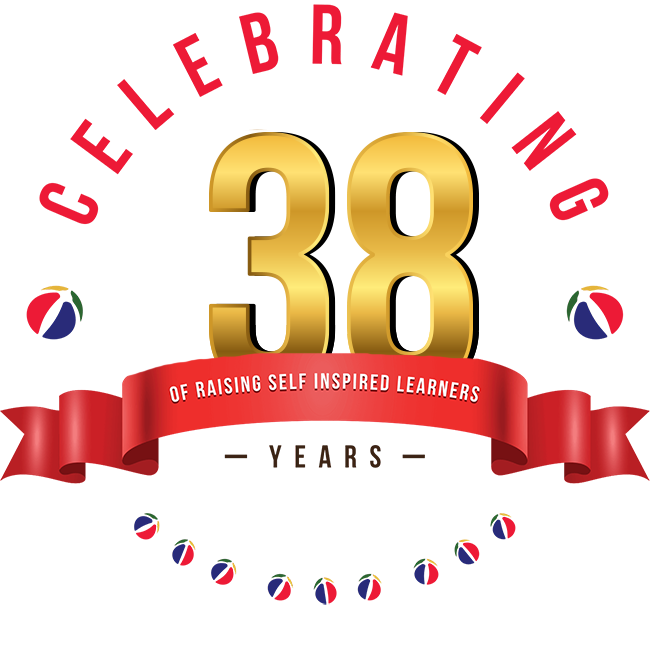Essential Qualifications for Early Childhood Educators
Early childhood education is a critical field. It shapes the minds of our youngest learners, setting the foundation for lifelong learning.
But who are the individuals behind this crucial task? They are early childhood educators. Their role is pivotal in molding the future of our society.
However, becoming an early childhood educator is not a simple task. It requires specific qualifications and a deep understanding of child development.
In this article, we will delve into the essential qualifications for early childhood educators. We’ll explore the educational pathways, degree requirements, and certification processes.
Whether you’re an aspiring educator or a parent seeking to understand the qualifications of your child’s teacher, this guide is for you.
Join us as we navigate the world of early childhood education requirements. Let’s uncover the standards and expectations for professionals in this field.
Understanding Early Childhood Education
Early childhood education focuses on teaching children from birth to age eight. This period is crucial as it’s a time of rapid cognitive, linguistic, social, emotional, and motor development.
The goal of early childhood education is to foster a love of learning. It aims to prepare children for future academic and social success through structured and play-based activities.
The Role of Early Childhood Educators
Early childhood educators play a significant role in a child’s development. They are not just teachers but also nurturers, role models, and sometimes, a child’s first friend outside the family.
These educators design and deliver age-appropriate lessons. They also observe and assess children’s progress, adjusting their teaching methods to meet individual needs.
The Impact on Child Development
The impact of early childhood education on child development is profound. It helps children develop essential skills like problem-solving, communication, and social interaction.
Moreover, quality early education can lead to better outcomes later in life. It can improve school readiness, academic achievement, and even socio-economic status in adulthood.
Educational Pathways in Early Childhood Education
Becoming an early childhood educator requires specific educational qualifications. The minimum requirement is often an Associate’s or Bachelor’s degree in early childhood education or a related field.
This degree provides foundational knowledge in child development, learning theories, and teaching methods. It also includes practical experience through student teaching or internships.
Degree Requirements for Early Childhood Educators
The degree requirements for early childhood educators vary by state and employer. However, most require at least an Associate’s degree. Some positions, especially in public schools, may require a Bachelor’s degree.
Typical coursework in early childhood education degree programs may include:
- Child development and psychology
- Curriculum development for young children
- Classroom management
- Special education
- Teaching English as a second language (ESL)
These courses equip future educators with the knowledge and skills needed to create effective learning environments for young children.
Specialized Coursework and Skills Development
In addition to the core curriculum, early childhood educators often need specialized skills. These may include understanding diverse family structures and cultural backgrounds, using technology in the classroom, and first aid and CPR certification.
Moreover, soft skills like communication, patience, and creativity are crucial in this field. Educators must be able to engage young learners, manage classroom dynamics, and communicate effectively with parents and other educators.
Certification and Licensure
After completing their degree, early childhood educators must obtain certification or licensure. This is a critical step in meeting the early childhood education requirements. The certification process ensures that educators have the necessary skills and knowledge to teach young children.
Certification requirements vary by state and may include passing a competency exam, completing a certain number of hours of student teaching, and undergoing a background check.
State-Specific Certification Requirements
Each state has its own certification requirements for early childhood educators. These requirements often include a degree in early childhood education or a related field, completion of a teacher preparation program, and passing state-specific exams.
Some states may also require:
- Completion of a student teaching internship
- A criminal background check
- Continuing education or professional development hours
It’s important for aspiring educators to research the specific requirements in their state.
The Certification Process
The certification process for early childhood educators typically involves several steps. First, candidates must complete a state-approved teacher preparation program. This program includes both coursework and practical experience.
Next, candidates must pass a state-specific certification exam. This exam tests knowledge of early childhood education principles and teaching methods. Finally, candidates must apply for certification through their state’s department of education, providing proof of their education, exam results, and any other required documentation.
Continuing Education and Professional Development
Continuing education and professional development are key components of a career in early childhood education. They help educators stay current with the latest research, teaching methods, and educational technologies.
Many states require early childhood educators to complete a certain number of professional development hours each year to maintain their certification. These hours can be earned through workshops, conferences, online courses, or other approved activities.
Importance of Ongoing Learning
Ongoing learning is crucial in the ever-evolving field of early childhood education. It allows educators to keep up with new research findings, educational policies, and teaching strategies.
By continually learning and growing, educators can provide the best possible education for their students. They can adapt their teaching methods to meet the changing needs of their students and the demands of the modern classroom.
Opportunities for Career Advancement
With additional qualifications or degrees, early childhood educators can open up new career opportunities. They may advance to positions such as lead teacher, program director, or education administrator.
Further education can also lead to specialization in areas such as special education, bilingual education, or curriculum development. These specializations can enhance an educator’s skills and make them more valuable in the job market.
Conclusion
In conclusion, becoming an early childhood educator requires a combination of formal education, certification, and ongoing professional development. By meeting these requirements, educators can provide high-quality education that fosters the development of young children and prepares them for future academic success.

